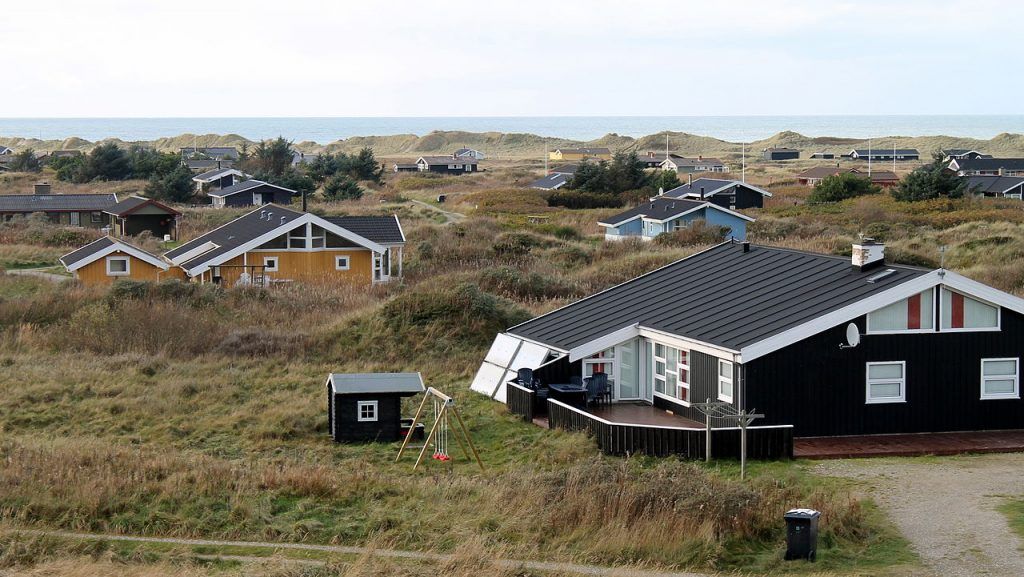A 60-year-old law prohibits foreigners from buying summerhouses in Denmark without a special dispensation from the Justice Ministry.
But in recent years the ministry seems to be getting more generous when it comes to handing out dispensations – up from just 54 in 2007 to 308 last year.
But right wing party Dansk Folkeparti (DF) contends that the law is being undermined by too many approved dispensations – handed out in cases involving applicants having special connections to Denmark, either via family, work, or many years spent holidaying in the country.
Instead, DF wants to severely limit opportunities for foreign applicants by only permitting a maximum of 20 dispensations annually. DF complains that foreign owners don’t rent out their summerhouses as much as Danes do.
READ MORE: Government to lower tariffs on electricity for summerhouse owners
Germans, Norwegians … and Danes
It’s not the first time that DF has proposed in vain to change the summerhouse legislation, and the party isn’t expected to be successful this time either.
According to recent figures from Danmarks Statistik, the vast majority of foreigners seeking dispensation to buy summerhouses are German and Norwegian. There is also a group of Danes who have lived abroad for five years, but want a summerhouse back in the homeland.
A total of 441 families sought dispensations last year and 133 were rejected. There are an estimated 220,000 summerhouses in Denmark.















